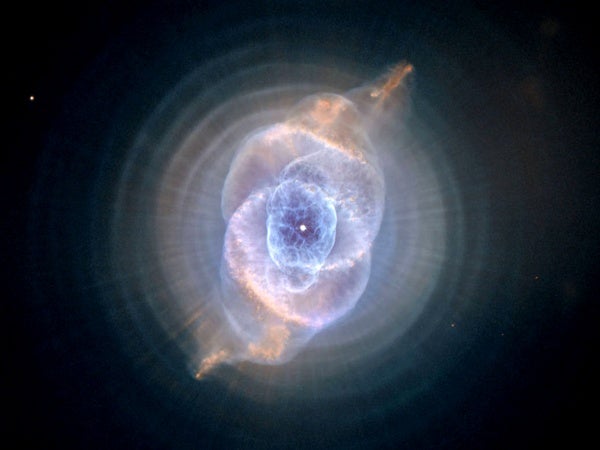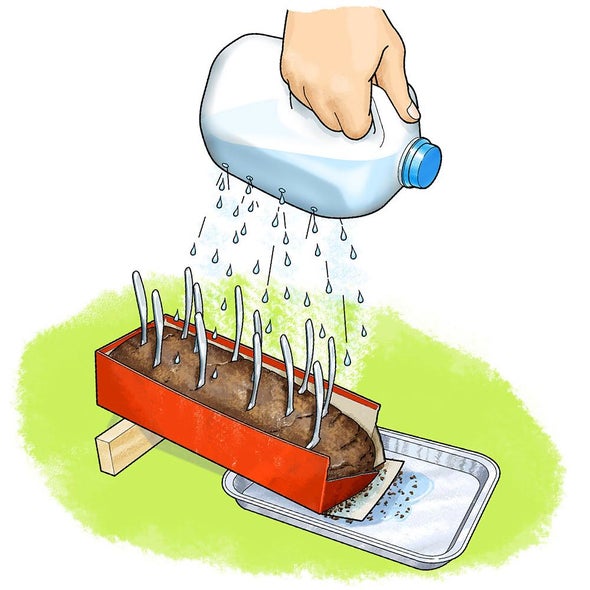 |
| October 22, 2021 |
 |
| |
| |
| |
| Sponsor Content Provided by Macmillan Audio A new audiobook from Jane Goodall: The Book of Hope Filled with moving and inspirational stories and photographs from Jane's remarkable career, The Book of Hope is a deeply personal conversation with one of the most beloved figures in the world today. Listen to the audiobook, read by the authors. | | | | |
| |
| |
| |
| |
| |
| |
| |
| |
| |
FROM THE STORE
 | | | |
| |
BRING SCIENCE HOME
 | | Can Plants Help Slow Soil Erosion? |  Soil is a surprisingly valuable resource. But it doesn't always stick around. Learn how a few plants can help save it from being washed away by water. Credit: George Retseck | Perhaps you try to save water. Maybe you already reduce, reuse and recycle. But did you ever consider conserving soil? Perhaps you haven't, but soil erosion—the wearing away of soil by water, wind and other natural forces—can be a major ecological problem. Productive farmlands can disappear as nutrient-rich topsoil in fields washes away when heavy rains hit them. Waterways can then become polluted as pesticides and fertilizers wash into them. Even human life and property are jeopardized when soil erosion causes mud- and landslides. The economic cost of soil erosion is estimated to be several billion dollars every year for the U.S. alone. This is a serious problem; can you help solve it? Do this activity and learn how to help save the soil with nothing more than a few plants! | |  | |
LATEST ISSUES
 |
| |
| Questions? Comments?  | |
| Download the Scientific American App |
| |
| |




